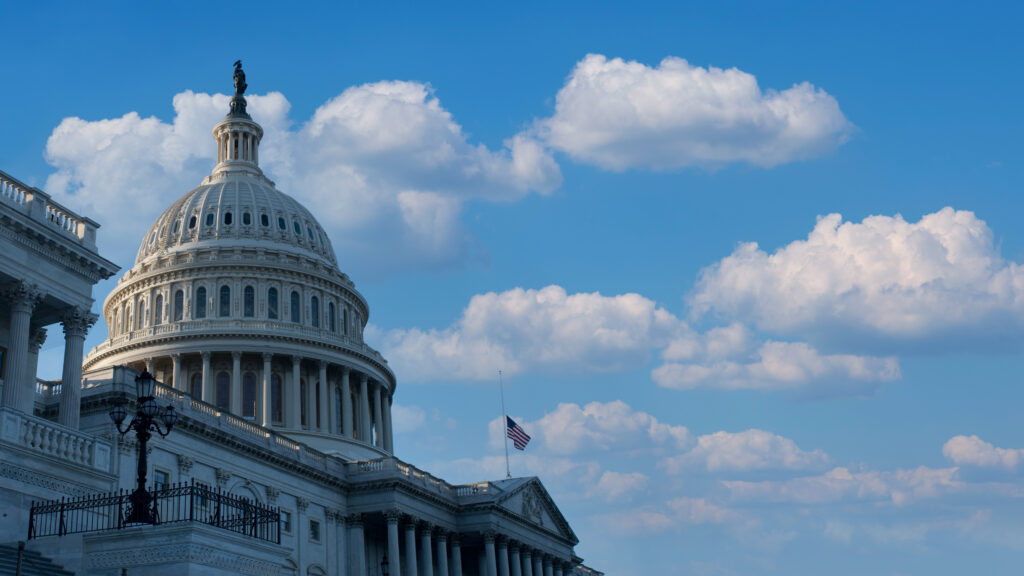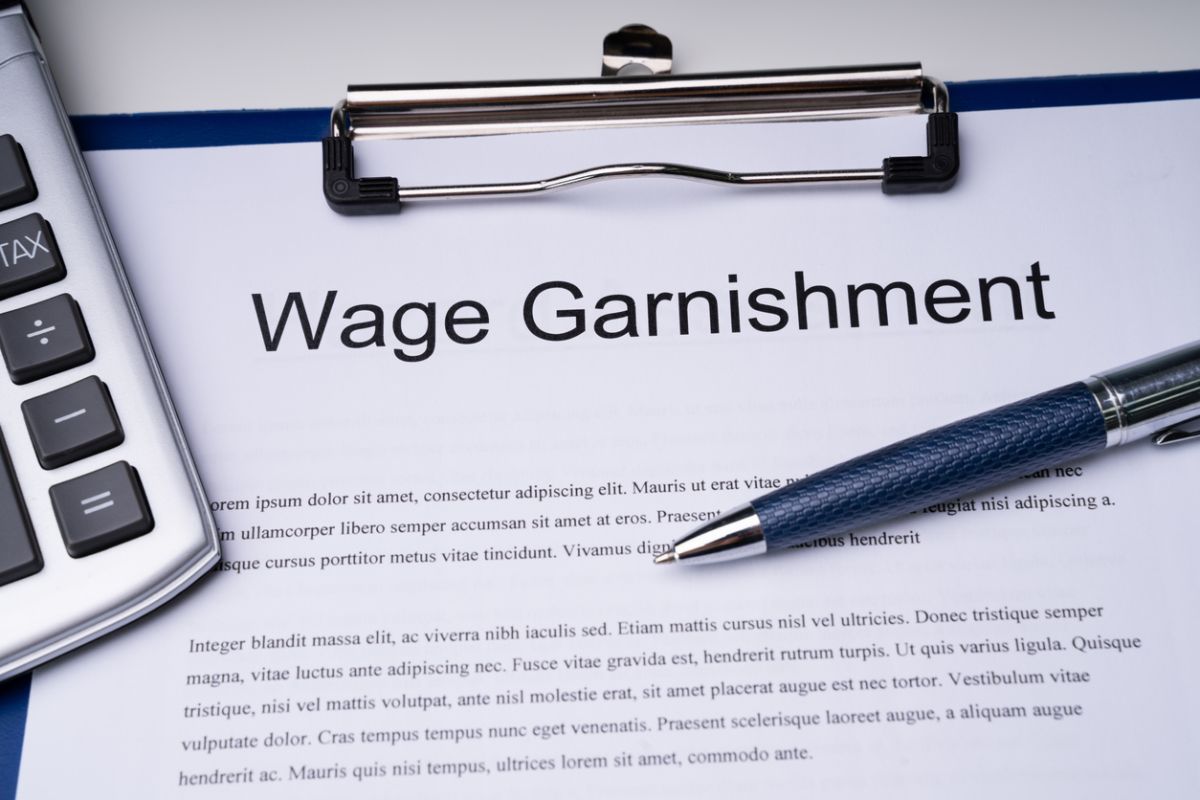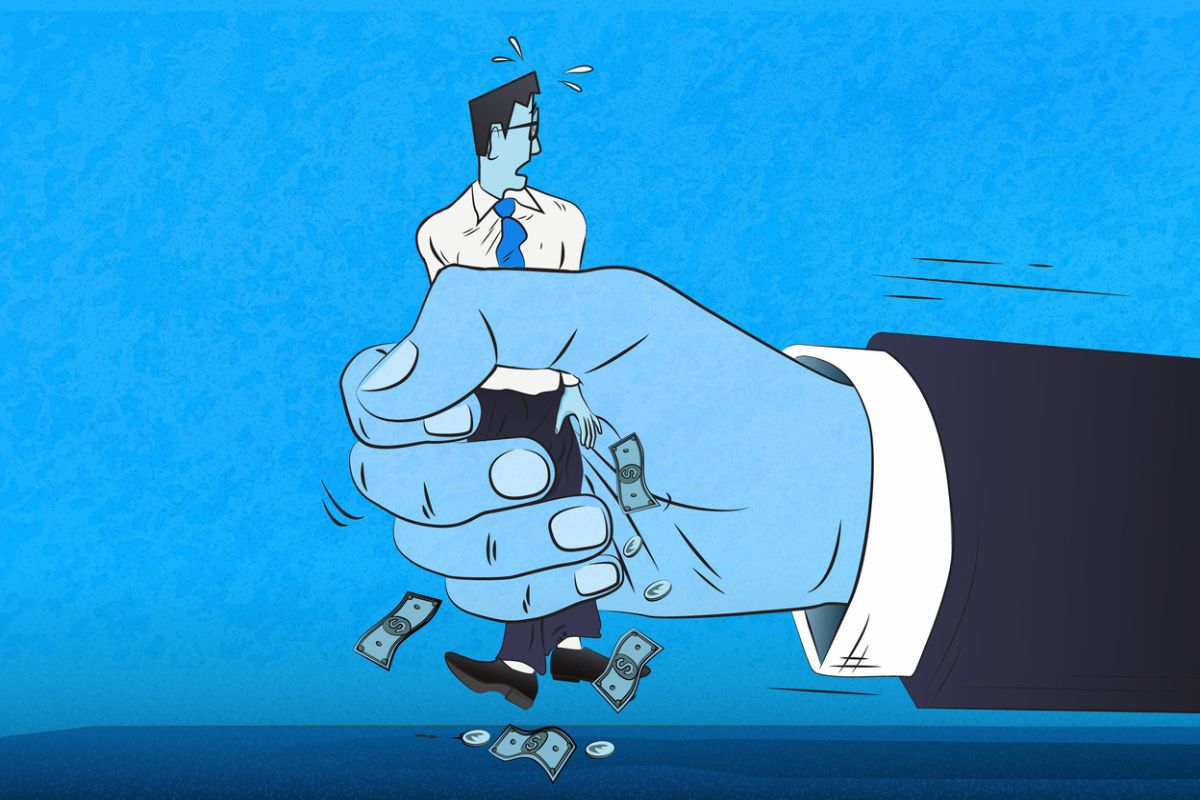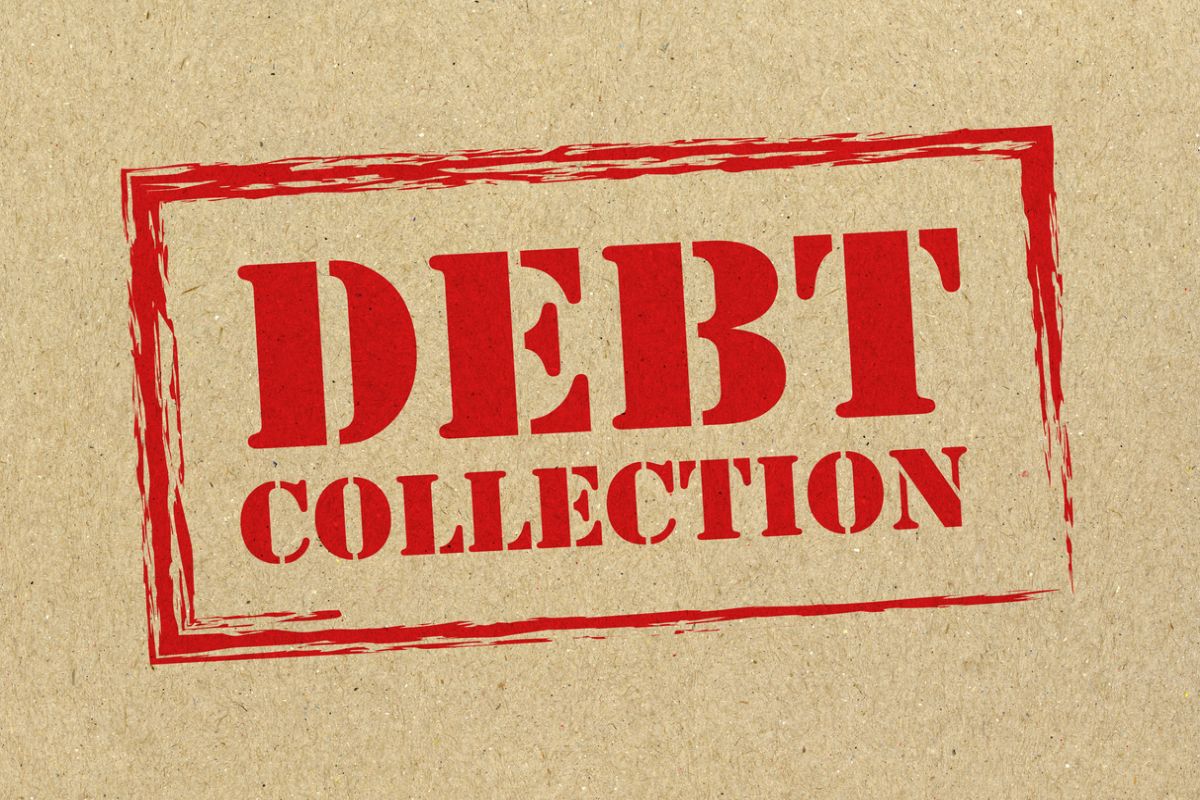Debt Collection is a massive industry in the United States of America. For a long time, debt collectors were allowed to engage in all kinds of abusive practices to collect debts. In 1977 the Federal Government passed the first version of the Federal Fair Debt Collections Practices Act (“FDCPA”). The United States Congress found that “[t]here is abundant evidence of the use of abusive, deceptive, and unfair debt collection practices by many debt collectors.” [15 U.S.C. §1692(a)]. So the Federal Fair Debt Collections Practices Act was born. Many states have their own version of this law, Tennessee does not so consumers in Tennessee must rely on Federal Law.
The FDCPA does not apply to every collector and to any debt. The FDCPA defines a debt collector as “any person who uses any instrumentality of interstate commerce or the mails in any business the principal purpose of which is the collection of any debts, or who regularly collects or attempts to collect, directly or indirectly, debts owed or due or asserted to be owed or due another.” [15 U.S.C. §1692a(6)]. A debt is defined as “any obligation or alleged obligation of a consumer to pay money arising out of a transaction in which the money, property, insurance, or services which are the subject of the transaction are primarily for personal, family, or household purposes, whether or not such obligation has been reduced to judgment.” [15 U.S.C. §1692a(5)]. In short, the FDCPA applies to third party debt collectors and to consumer debts. Further, for a third-party debt collector to fall under the FDCPA they must NOT have been serving the debt prior to default. [see 15 U.S.C. §1692a(6)(F)].

There are several limitations on what a third-party debt collector can do to collect a consumer debt. First, there are several circumstances in which a consumer cannot be contacted. (See 15 U.S.C. §1692c). Third part dent collects are also barred from engaging in harassment and Abuse (See 15 U.S.C. §1692d) and they cannot engage in false or misleading representations (See 15 U.S.C. §1692e). Third party debt collectors are also barred from engaging in unfair practices (see 15 U.S.C. §1692f). Violation of law are viewed from the “perspective of a consumer whose circumstances makes him relatively more susceptible to harassment, oppression, or abuse.” [Brown v. Hosto & Buchan, PLLC (W.D.Tenn. 2010) 748 F.Supp.2d 847, 852; Barney v. LVNV Funding, LLC, (N.D. Ohio July 23, 2012, No. 1:11 CV2590) 2012 U.S. Dist. LEXIS 101594, at *5; Hosseinzadeh v. M.R.S. Assocs., Inc., (CD CA 2005) 387 F.Supp.2d 1104, 1110; Masuda v. Thomas Richards & Co., (CD CA 1991) 759 F.Supp. 1456, 1465].
A violation of the FDCPA entitles a consumer to up to one-thousand dollars ($1000.00) in statutory damages, actual damages, and attorneys fees. [See 15 U.S.C. §1692k(a)]. If you have been a victim of improper debt collection practices by the third-party debt collector, you should consult a lawyer. Contact our office right away as you only have one year from the date of the violation to bring a claim.






